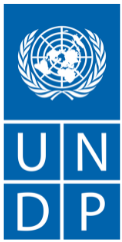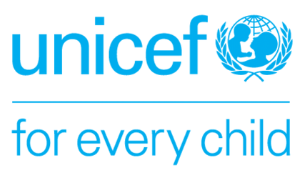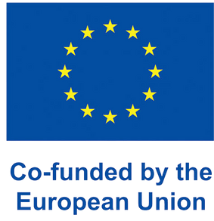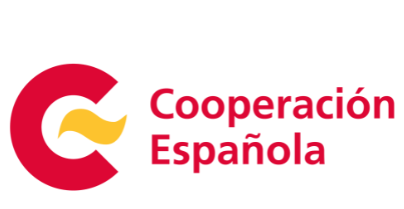Since the coming of COVID-19 inJanuary 2020, expressions of alarm have coexisted with optimism in a unique wayamong political leaders, experts and citizens. While the world has adapted tounpleasant social norms and suffered sudden economic and employment crises,renewed calls for solidarity and sustainability have surfaced. With a largeshare of the world’s production under full or partial lockdown for months, vastnumbers of people are at risk of falling back into poverty: the World Bank estimates that 70–100 million people will enter into extremepoverty; inequality is similarly predicted to be on the rise. For thesereasons, COVID-19 will have a major negative effect on the speed and likelihoodof achieving the SustainableDevelopment Goals (SDGs) by 2030.
The COVID-19 response fromgovernments has been remarkable, with frequent comparisons to the Marshall Planand reference to mottoes like ‘the Great Reset’. The crisis strongly reaffirmed the leadingrole of the state in the economy and on effective collaboration across thepublic and private sectors. Financial packages in excess of USD 9 trillion werealready declared in May 2020. However, the call for solidarity has barely crossed geographical boundaries. Recoveryplans remain largely national, while forecasts on official developmentassistance remain gloomy.
While a health emergency callsfor immediate action, longer-term mileposts for SDG achievement should not beforgotten; the SDGs should be the compass of what is planned next. Despite, asa result, the world will undoubtedly experience difficult times ahead, SDG financingframeworks are part of the solution. The UNJoint SDG Fund stands tohelp countries keep their 2030 promise. By the end of March 2020, the Fund had received 258 proposals to supportSDG financing interventions in more than 100 countries in response to the Fund’sfirst Call for Funding on SDG Financing. The approved proposals will receivefunding to create an enabling environment for SDG financing at the nationallevel (Component 1) and to catalyse strategic investments that mobilizefinancing at scale (Component 2).
We are optimistic: In June 2020,the Fund approved funding for 62 UN Joint Programmes under Component 1, which represents a total funding of USD 80 million includingco-funding from UN agencies and governments. A preliminary review of theportfolio suggests long-term contributions to the SDGs are in line with whatthe COVID-19 response demands (see the pillars 3, 4, 5, 6 and 8 of the UN framework for the immediate socio-economic response to COVID-19). The way recovery plans areshaped will define whether we can build a world that is fairer and moresustainable. As larger volumes of public and private resources are spent andblended, participatory mechanisms that measure SDG impact should be put inplace.

















